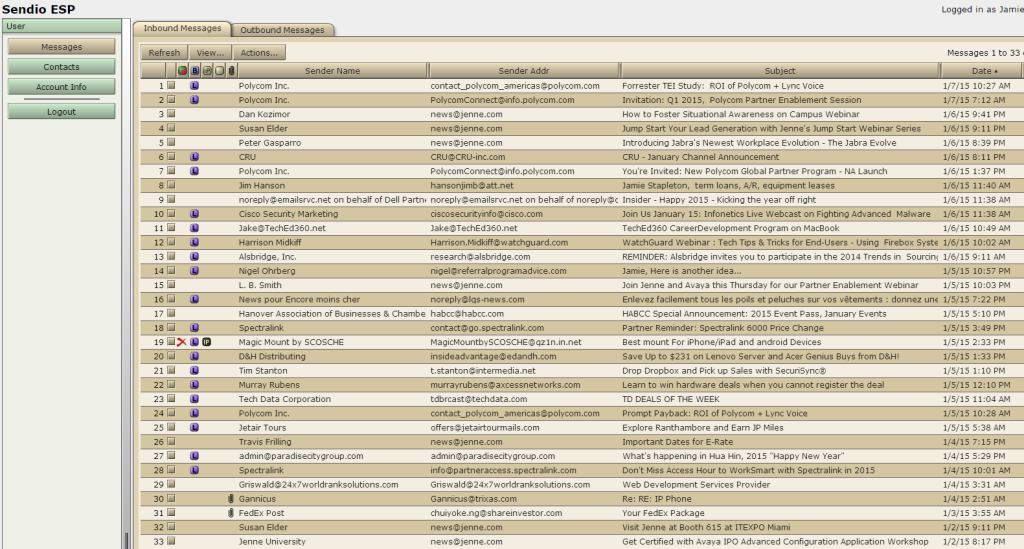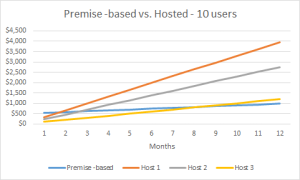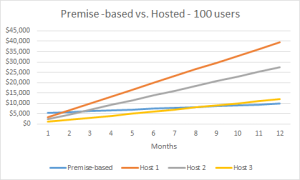CBSi Named First Yealink Certified Video Conferencing Partner in Virginia
Ashland, Virginia – Computer Business Solutions, Inc (CBSi) is now a certified Video Conferencing Partner of Yealink, the global leading unified communication (UC) terminal solution provider. CBSi is also the first Yealink Certified Partner in Virginia, an accomplishment designating CBSi as an expert in Yealink Video Conferencing products. This is an addition to CBSi’s existing Yealink product offerings:
desktop IP phones, wireless IP phones, and audio conferencing.
“We are excited to be named the first Yealink Certified Video Conferencing Partner in Virginia,” said Jamie Stapleton, CEO of CBSi. “This accomplishment gives us access to a wide variety of products specifically designed to address the needs of small and medium businesses at price points they can afford, without sacrificing quality, reliability, or service.”
Yealink Certified Video Conferencing Partner program is an exclusive community of partners who are recognized for their uncommon know-how and service. As a Yealink Certified Video Conferencing Partner, CBSi not only enjoys the traditional benefits of a Yealink partnership, but is also given additional rewards such as exclusive special promotional offers, customized business planning sessions, vertical and solution training opportunities, recognition and priority on Partner Locator, among many more.
About CBSi
Located in Ashland, Virginia, Computer Business Solutions is an organization of computer professionals with over 30 years of on-the-job-experience and capabilities that are unparalleled. Delivering strategic solutions helping achieve real business success, CBSi consultants work to develop solutions to fit their clients’ business, people, and vision.
For more information, contact the company at (804) 798-4444 or via email at sales@computer-business.com. On the Web, visit www.computer-business.com.
About Yealink
Yealink, the global leading unified communication (UC) terminal solution provider, helps businesses of all sizes make the most of their UC experience and embrace the power of “Easy Collaboration”. Yealink One-stop UC Terminal Solutions unify voice, video and data, and satisfy diverse customer needs and usage scenarios. The company’s comprehensive product portfolio includes video conferencing systems, conference phones, desk IP phones, wireless DECT phones and accessories. Customers from more than 100 countries enjoy Yealink’s reliable UC terminal solutions through its well-established global sales and service network. For more information, please visit: www.yealink.com.






